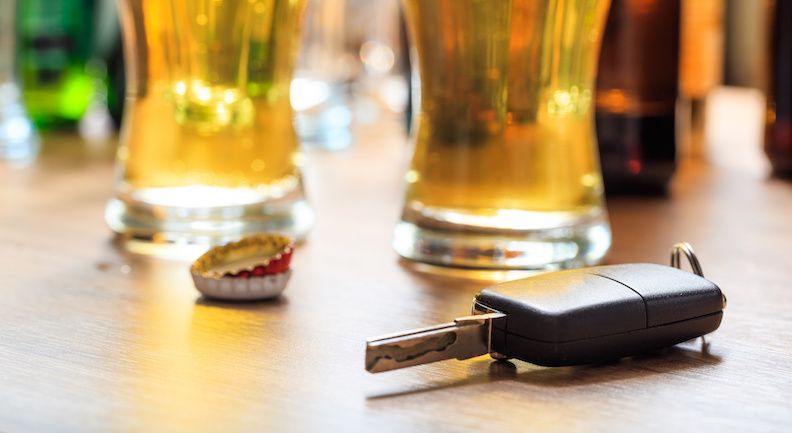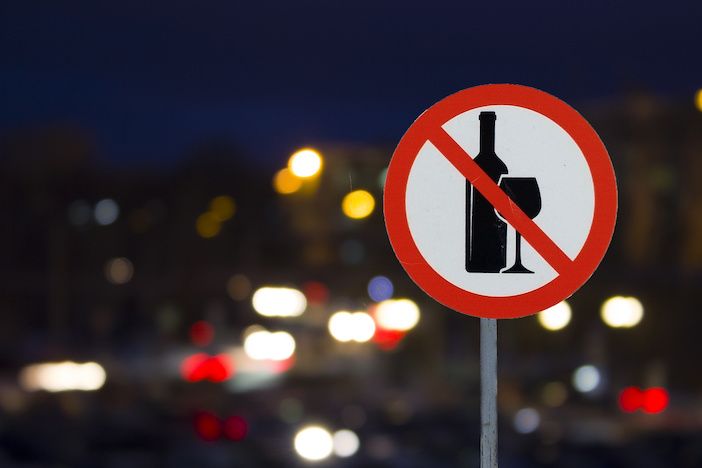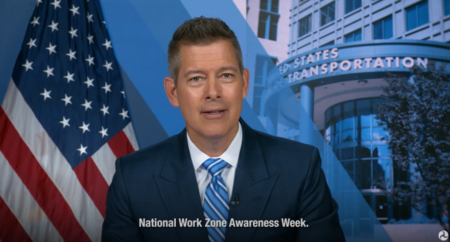The European Union is looking to introduce new laws that will mean drivers who have passed their test within the last two years will not be allowed to drink any alcohol at all before driving.
Currently in the EU a low limit is tolerated for drivers, but this is set to change for anyone who is relatively new behind the wheel. The European Transport Safety Council has welcomed these significant changes, which could significantly reduce injuries and deaths among novice drivers and help ensure that dangerous drivers face penalties for a wider range of traffic offences committed across borders.
Among the legal changes proposed are that novice drivers to be subject to a zero-tolerance alcohol limit for a minimum of two years after passing their test. Member states will be encouraged to restrict other high-risk activities during this period such as driving with other youngsters or at night.

It is also proposed that driver disqualification should apply in future in all EU Member States, not just the country where driving offences were committed. And that member states will be able to follow-up on seven new road traffic offences committed by non-resident drivers including wrong-way driving and dangerous overtaking.
“New figures released last week showed that road deaths in the EU are not decreasing fast enough to hit the crucial target of halving deaths and serious injuries by 2030,” says Graziella Jost, director of projects at the European Transport Safety Council (ETSC). “So it’s good to see the EU getting serious about road safety today. Today’s driving license proposals include an important measure to keep novice drivers safer and we hope member states will also build on these measures.
“Member states will also now have the power to ensure that a wider range of driving offences committed by non-resident drivers can be followed up across borders. That’s welcome, as is the new possibility for driving disqualifications to apply across the EU. It’s now up to Member States and the European Parliament to ensure this package doesn’t get watered down on the often treacherous road to becoming law.”





